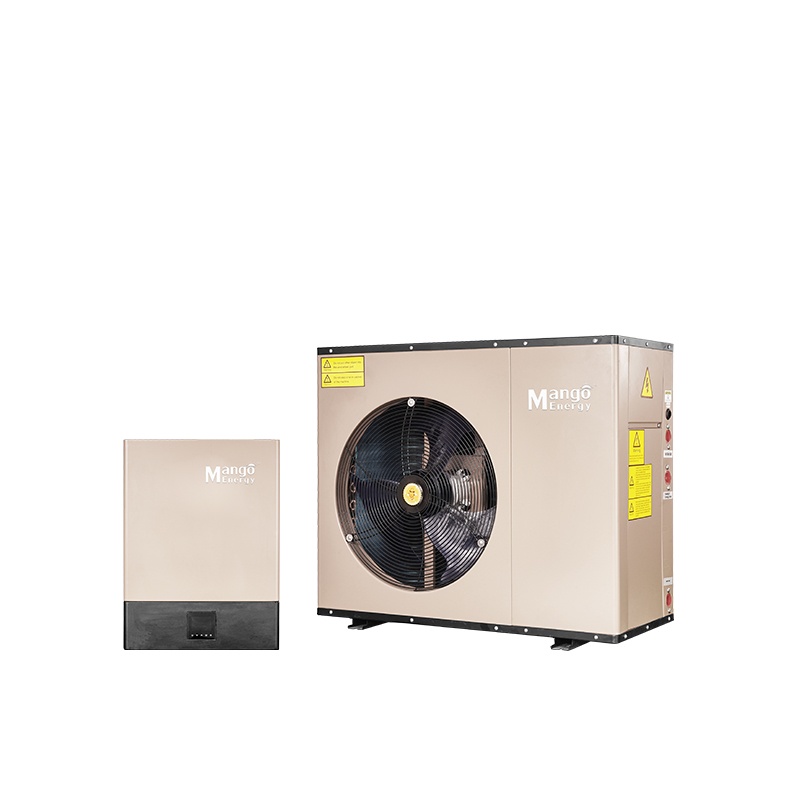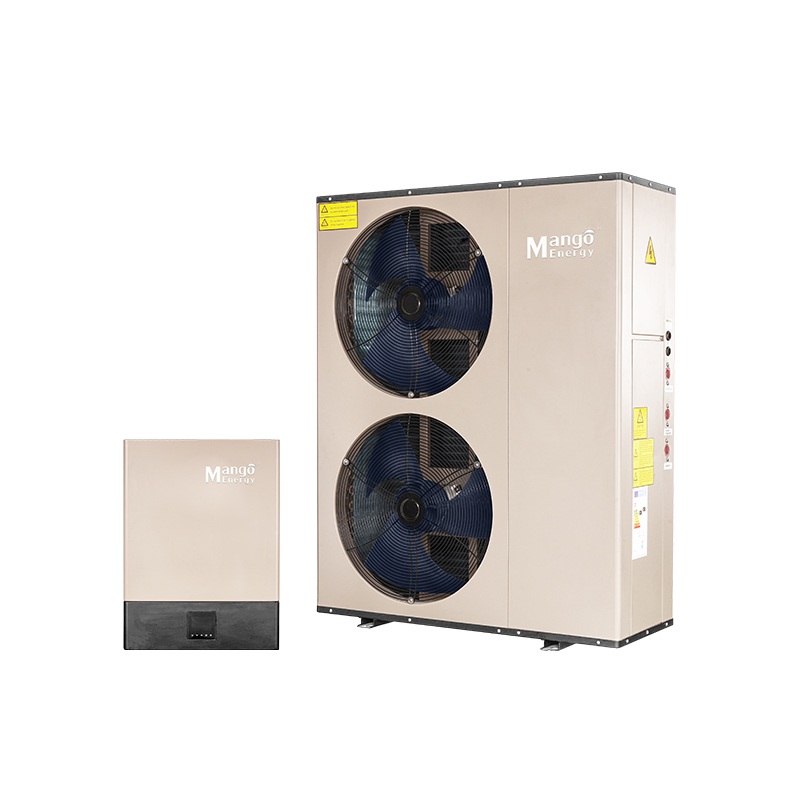
As businesses continue to expand and commercial spaces evolve, one of the top priorities for building owners and managers is efficient climate control. Maintaining a comfortable temperature is crucial for productivity, customer satisfaction, and overall building performance. With rising energy costs and increased focus on sustainability, many are turning to heat pump manufacturing as a solution to address both climate control and energy efficiency.
Heat pumps are increasingly recognized for their ability to provide efficient heating and cooling, offering an ideal solution for commercial spaces of all sizes. Whether for office buildings, shopping malls, hotels, or factories, heat pump manufacturing can help companies improve energy efficiency while lowering operational costs. In this article, we will explore why choosing heat pumps for commercial spaces is a smart move.
What Are Heat Pumps and How Do They Work?
Before delving into the advantages, it’s important to understand what heat pumps are and how they function. A heat pump is an energy-efficient system that can heat or cool a building by transferring heat between the building and the outside environment. Unlike traditional HVAC systems, which generate heat, heat pumps simply move heat from one location to another, making them more energy-efficient.
Heat pumps work through a refrigeration cycle, extracting heat from the air, water, or ground and transferring it to the building’s interior. During colder months, heat pumps extract heat from the outside air and bring it inside. During warmer months, the process is reversed, and heat is removed from the building, cooling the space.
This ability to perform both heating and cooling functions makes heat pumps highly versatile, especially for climate control in commercial spaces that require constant temperature adjustments.

Advantages of Heat Pump Manufacturing for Commercial Spaces
1. Energy Efficiency and Cost Savings
One of the most compelling reasons to invest in heat pump manufacturing for commercial spaces is the energy efficiency they provide. Heat pumps are known for their ability to transfer heat rather than generate it, resulting in significantly lower energy consumption compared to traditional heating and cooling systems. This translates into reduced energy bills and long-term cost savings for businesses.
By using renewable energy sources like ambient air, water, or ground heat, heat pumps can also contribute to sustainability efforts, helping businesses achieve their environmental goals. Over time, the savings from lower energy costs can offset the initial investment, making heat pumps a cost-effective solution for climate control in commercial spaces.
2. Sustainability and Environmental Benefits
With growing concerns about climate change and carbon emissions, sustainability is at the forefront of many commercial building decisions. Heat pumps are an environmentally friendly solution because they reduce the reliance on fossil fuels for heating and cooling.
By using the heat from the surrounding environment, heat pump manufacturing minimizes energy wastage. In addition, modern heat pumps are designed to use refrigerants that are less harmful to the ozone layer, further enhancing their eco-friendly benefits. Businesses looking to reduce their carbon footprint will find that heat pumps offer a more sustainable alternative to traditional HVAC systems.
3. Versatility in Heating and Cooling
Unlike conventional systems that are limited to either heating or cooling, heat pumps offer year-round versatility. Whether it’s the height of summer or the cold of winter, a commercial heat pump can efficiently maintain the desired indoor temperature. This ability to provide both heating and cooling eliminates the need for separate systems, saving space and reducing installation and maintenance costs.
For businesses with fluctuating temperature needs, such as office buildings, retail stores, or warehouses, this dual functionality ensures a comfortable and stable environment throughout the year.
4. Quiet and Comfortable Operation
Noise can be a major concern in commercial spaces, particularly in environments like offices, hotels, or healthcare facilities. Heat pumps operate much more quietly compared to traditional HVAC systems, providing a more peaceful working environment. This is especially important in areas where noise can disrupt productivity or customer experience, such as in high-end offices, conference rooms, or medical clinics.
The quiet operation of heat pumps is made possible by their innovative design, which prioritizes efficiency without sacrificing comfort or peace.
5. Low Maintenance Requirements
Heat pumps are known for their low maintenance requirements. Unlike furnaces or air conditioners that require regular servicing and replacement of components, heat pumps require less frequent attention. Routine maintenance typically involves cleaning the filters and checking the system for any refrigerant leaks. This makes heat pumps a low-maintenance option for climate control in commercial spaces, reducing the time and money spent on repairs.
How Heat Pump Manufacturing Enhances Commercial HVAC Systems
Heat pump manufacturing plays a critical role in enhancing the overall effectiveness of HVAC systems in commercial spaces. Here’s how:
1. Smart Integration with Existing Systems
Heat pumps can easily integrate into existing HVAC infrastructure, offering businesses an easy upgrade path without the need for a complete system overhaul. Whether you're upgrading a traditional system or starting from scratch, heat pumps can complement existing heating, cooling, and ventilation systems to provide more efficient climate control.
2. Advanced Features and Controls
Modern heat pumps come equipped with advanced features such as smart thermostats, remote monitoring, and zoning controls, allowing businesses to fine-tune their climate control systems for maximum efficiency. These features enable precise temperature regulation across different areas of a building, ensuring that energy is used where it's needed most.

Conclusion:
Heat pump manufacturing is transforming the way commercial spaces approach climate control. With their superior energy efficiency, environmental benefits, and versatility, heat pumps offer a smart, sustainable solution for businesses looking to optimize their heating and cooling needs. As the demand for energy-efficient and eco-friendly solutions continues to grow, heat pumps will play an increasingly important role in the future of commercial buildings.
By choosing heat pumps for climate control in commercial spaces, businesses can reduce energy costs, minimize environmental impact, and enhance comfort for employees and customers alike. Investing in heat pump manufacturing is not just a financial decision; it’s a step towards a more sustainable and efficient future.
FAQs
Q1: How long do heat pumps last in commercial spaces?
Heat pumps typically last between 10 to 15 years with proper maintenance, making them a durable option for long-term climate control.
Q2: Can heat pumps be used in large commercial buildings?
Yes, heat pumps are suitable for a wide range of commercial spaces, including large buildings, office complexes, and industrial facilities.
Q3: Are heat pumps cost-effective for small businesses?
Yes, heat pumps offer long-term savings on energy bills, making them an excellent investment for small businesses seeking to reduce operational costs while maintaining comfort.


